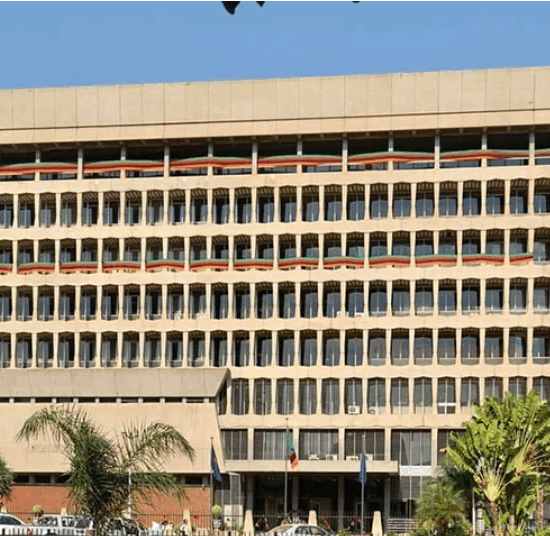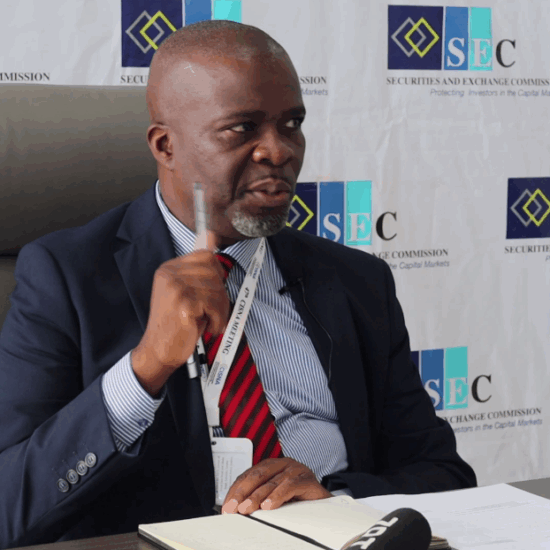The move by governments to increase the Constituency Development Fund – CDF – has been called into question by many especially since it seems to be coming at the expense of efforts to cushion fuel prices.
Although others have argued that it could be a political move aimed at winning support from certain constituencies, it’s important to consider the potential impact of these decisions on the wider economy and the public.
Economist Naylor Kopakopa has expressed displeasure over the government’s decision to increase the constituency development fund –CDF- from the current 28 million Kwacha to 30 million Kwacha at the expense of cushioning the fuel prices which has a direct impact on the economy.
Finance and National Planning Minister Dr. Situmbeko Musokotwane announced during the presentation of the 2024 National Budget that the CDF will next year be increased to 30 million kwacha from the current 28 million kwacha.
However, Kopakopa noted that more subsidies have been given to CDF and Education which are key sectors, but is of the view that part of that money should have been taken to cushion the fuel price.
Speaking in an exclusive interview with the Zambian Business Times – ZBT, Kopakopa noted that the country is not meeting its growth target this year which was revised due to various reasons, as well as the inflation target, which may the country to end at a higher inflation rate.
He said the target of 6 to 8 percent inflation target by the Central Bank has been maintained for next, in addition to a target of 4.8 percent GDP growth rate, but has however questioned if the factors that have caused the country to fail to reach this target, not affect it next year, and what is being done to address the negative impact of these factors.
Kopakopa said the prices of goods have now doubled compared to the recent past due to the hiked fuel pump prices which is negatively affecting the majority of the Zambians.
“The economy is not growing, the inflation is growing. Now when you keep the subsidies constant, it means that their value is not as high as you want it to be, and the next thing that you would want to do, is to increase the allocation towards those subsidies so that you buy the same amount of goods that you intended to be buying” said Kopakopa.
He however said because the economy is not growing and has not been taken care of, and inflation growing, there will be no capacity to increase the allocation. He has therefore questioned why areas that have a direct impact on the economy are not being prioritized in order to create the ability to make money, and later allocate it to the preferred area of subsidies.
Kopakopa is of the view that instead of allocating more to CDF and education, part of that money must go to the support of fuel prices to have a more positive impact on the economy, and the lives of the people. “The minister acknowledges that fuel is the driver of economic growth, he mentioned it. But if you recognize that fuel is very important, what are you doing about it, because the oil price worldwide is beyond our control, and we want not to do anything to manage our exchange rates, how do we then grow the economy so that we create more money for subsidies” said Kopakopa.
He said there is no logic in setting very good targets, but almost doing nothing about it. He said it will not be by chance that the targets of inflation, and growth will be achieved, but needs to work for them and invest in them.
He said the exchange rate is the driver of inflation as well as fuel, but wondered what exactly is being done to address them.
He said there was no need to increase the CDF and education subsidies, but instead half of them, and take the money to fuel, and later come back and double the subsidies into education, and CDF when the economy has stabilized.







